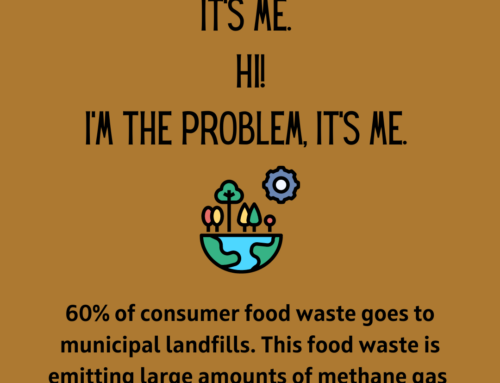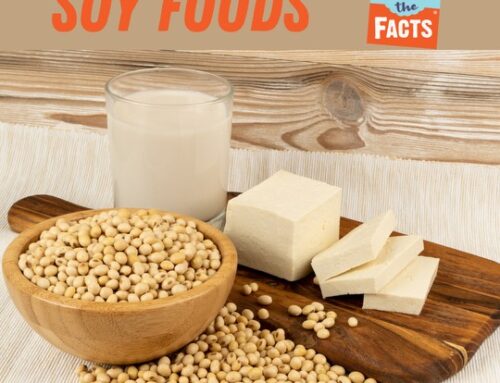Have you noticed all of the ‘natural’ packaging lately? Green, the color of ecologically friendly, is hitting food labels at a faster rate than ever. The spin? Food manufacturers are using ecology to convince you that a product is better for you because it’s more ‘natural’ or simply looks better in cool, eco-friendly packaging.
Two new ads recently caught my eye in a popular magazine: Michelob beer’s Ultra Light Cider and Hormel “Natural Choice” hot dogs and deli meats.
The beer ad touted that it’s “naturally gluten free”. Most gluten-sensitive people are sensitive to gliadin, or wheat gluten. There is some gluten in barley, which is used in beer, yet it just seemed like such a strange, out-of-place claim for a beer label to be making.

The Hormel “natural choice” product boasted that it contained no preservatives. Sometimes preservatives and food additives are a good thing. The “chemical sounding” names shouldn’t scare you. There are many additives that are considered safe. These include propylene glycol (distributes flavors evenly), citric and malic acid (flavoring or antioxidant), maltodextrin (made from starch, used as a texturizer), calcium propionate and potassium sorbate (prevent mold growth), gluconic acid or sodium gluconate (acidifier and a leavening agent; used in baked goods and dairy foods). There are many more.
Health claims on beer labels are simply bogus. Don’t be fooled into the idea that everything labeled Gluten-Free, Natural or Organic is always a better choice (keep in mind that the FDA definition for Organic is more clearly defined as for Natural).
I’d say foods in their original or near-original state (fresh fruit, fresh vegetables from your garden, plain nuts, eggs, fresh fish and meats) are important to include daily in your diet. While a cold brew on a hot day may be soothing and delicious, you won’t find your nutrition there. Read the ingredient labels, shop for a healthy variety of foods within your food budget, and use your head.




